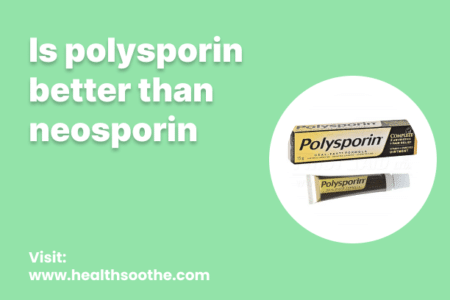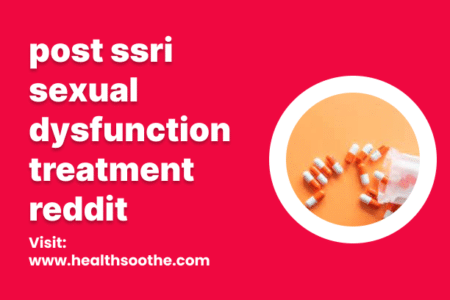Sore, Cracked Nipples? 5 Not-So-Known Reasons for Discomfort During Breastfeeding
Did you know that sore nipples are one of the most common breastfeeding challenges? New moms often experience cracked, sore nipples in the early days of their breastfeeding journey that can make nursing an uncomfortable experience that they may begin to reconsider. The good news is that nipple pain is not something that moms simply “have to deal with” as part of their breastfeeding journey – and it can often be resolved quickly, so you can continue to feed your baby painlessly. Here are some of the leading causes of cracked, sore nipples during breastfeeding and what you can do to resolve them:
Reasons for Cracked Nipples from Breastfeeding
Cracked nipples are a main cause of soreness during breastfeeding. Doctors often refer to these cracks as “nipple fissures”. They can cause your nipples to appear scabbed and flaky, and the nipple tissue may become red and inflamed. They can be very painful, making breastfeeding unbearable for some moms.
If you’re experiencing cracked, sore nipples while breastfeeding, the underlying issue(s) could involve:
Baby Positioning and Latch
When your baby breastfeeds, your whole nipple and most of your areola should be in their mouth. Their chin should touch the skin underneath your nipple, and the nipple itself should rest between the roof of your baby’s mouth and their tongue. The ideal latch isn’t always easy to achieve. In fact, because moms and babies are so unique, there’s no one-size-fits-all solution to getting a great latch. It takes time to learn the best technique for you and your little one.
If your baby isn’t taking enough of your nipple and areola into their mouth, they can’t get a proper latch. Instead, their mouth and tongue will chafe against your nipple and cause friction and soreness, eventually resulting in cracked and painful nipples.
Engorgement
Engorgement is when your breasts become very full of milk. It often happens anywhere from 2 – 5 days after birth when you begin to transition from producing colostrum to producing mature milk. Your breasts will feel larger and heavier, which can stretch and crack your nipple tissue.
Flat or Inverted Nipples
When you begin to breastfeed, flat or inverted nipples can make it more challenging for your baby to achieve a good latch. Though this typically isn’t a major hindrance to nursing, it’s important to know that the “standard” nursing positions may not work well for you. Working with a lactation consultant and practicing different nursing positions can help you and your baby discover the best position and technique for you to achieve a successful latch.
Tongue-Tie
We all have a piece of skin, known as the frenulum, underneath our tongue that connects it to the bottom of our mouth. In some babies, the frenulum may be unusually short or thick. As a result, they may have limited range of motion in their tongues. A tongue tie may make it difficult for your baby to latch properly, leading to nipple damage.
Thrush
Thrush is a fungal infection caused by candida albicans. It’s not unusual for new moms to get thrush, which can cause unpleasant shooting pains when breastfeeding. You are more likely to get thrush if your nipples are cracked and sore, although there are many possible sources of infection. Thrush can come from your baby’s mouth or contaminated objects such as improperly sterilized breast pump equipment, nursing pads that have been worn too long, and even towels.
Remedies for Sore Nipples
We’ve looked at five of the most common causes of sore and cracked nipples, but what can you do to resolve these issues quickly so you can focus on your little one?
- Adjust your breastfeeding position and technique. It’s not always easy to achieve an effective latch, but it’s important to help your baby nurse effectively – and for you to not be in pain! Trying different breastfeeding positions is key, but working alongside a lactation consultant can give you the expert guidance and gentle support needed to navigate breastfeeding challenges.
- Express breast milk onto your nipple. Expressing a few drops of your breast milk after a feeding onto your nipple and then allowing it to air-dry can help relieve soreness.
- Ensure your bra fits well. Friction from a too-small or too-tight bra can worsen sore nipples.
- Consider treatment for tongue-tie. If your baby has a tongue tie, work with your pediatrician on options for correcting it quickly and painlessly.
- Treat infections like thrush quickly. Your doctor can help diagnose infections that may contribute to sore nipples and suggest the course of treatment that can resolve the infection with minimal interruption to your breastfeeding routine.
Try not to stress, mama – In most cases, sore nipples can be resolved and you’ll soon be able to painlessly provide your liquid gold to your baby!





